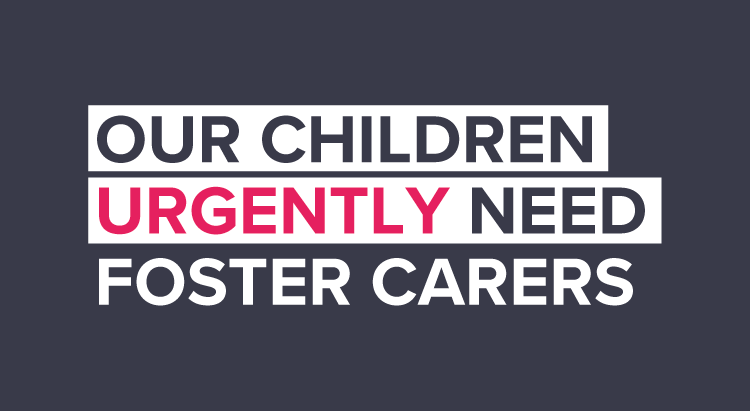28 September 2022

Over 14 Islanders have started the process to become a foster carer, following an Island-wide
appeal.
A campaign was launched in August to make Islanders aware of the current shortage of foster
carers, the various types of foster care opportunities available in Jersey, and how to apply to
become a foster carer. The campaign included pop-up events, broadcast media, and online
content.
As at Tuesday 27 September, 14 Islanders passed stage one of the process. This involves the
initial application, and a home visit by one of the Fostering and Adoption team, and are now
enrolled to attend foster training sessions. Of the Islanders applying to become a foster carer,
many are single women aged 25 to 35.
Since the start of the campaign, over 30 enquiries have been made to the team about becoming
a foster carer, and the team continue to do home visits over the next couple of weeks.
Islanders aged 21 and over, there is no upper age limit, who are considering becoming a foster
carer, can get in touch with the team by emailing fosteringandadoption@health.gov.je or calling
01534 443970. For more information visit: gov.je/fosteringandadoption.
Assistant Minister for Children and Education, Connétable Richard Vibert, said: “I am so pleased
with the outcome of this campaign. As a department, we recognised the shortage of foster
carers in Jersey and asked for Islanders’ help – it is great to see the Island coming together so
quickly to support our children and young people.
“However, the ask of Islanders does not stop now. We continue to need different types of foster
carers for different children’s needs - whether that is just for weekend cover or to provide a child
with a permanent home. So, if anyone is considering becoming a foster carer, I strongly
encourage you to get in touch with the wonderful team at Fostering and Adoption, or find out
more information online.”
Types of foster carers, all of which receive financial and emotional support:
- Emergency care – when children need to be fostered in an emergency, for up to two
weeks
- Respite care – for specific periods such as weekends or to offer foster carers a rest
- Specialist short break - supporting children and families with complex needs, usually
for 3 hours in the community, or overnight in their own homes
- Short-term foster care - providing care for several weeks up to two years
- Long-term foster care – providing a permanent home for a child
- Intensive foster care – providing full-time care for a child with high-level needs, with
a specialist fee